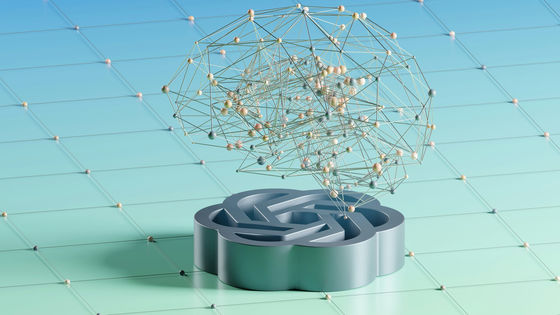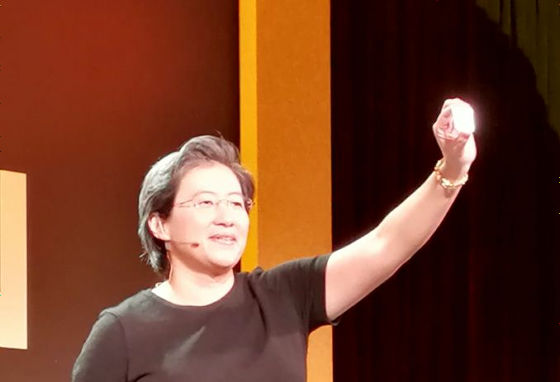TSMC has considered relocating its factories from Taiwan but has concluded that it is not feasible

By
TSMC , the world's largest semiconductor foundry, is building factories in the United States and Japan in addition to its home base in Taiwan. This is an effort to promote collaboration with American companies that support TSMC's growth and to address the deepening trade conflict between the United States and China, but it has been reported that TSMC has concluded that it is impossible to completely relocate its factories from Taiwan.
TSMC says it has discussed moving fabs out of Taiwan but such a move impossible | Reuters
https://www.reuters.com/technology/tsmc-says-it-has-discussed-moving-fabs-out-taiwan-such-move-impossible-2024-06-04/

TSMC mulled moving chip fabs from Taiwan over China threat • The Register
https://www.theregister.com/2024/06/04/tsmc_discussed_moving_chip_fabs/
New TSMC chairman CC Wei brands OpenAI's Sam Altman 'too aggressive for me to believe' | Tom's Hardware
https://www.tomshardware.com/tech-industry/new-tsmc-chairman-cc-wei-brands-openais-sam-altman-too-aggressive-for-me-to-believe
Tensions between China and Taiwan have risen sharply since Lai Ching-te became Taiwan's president. Instability across the Taiwan Strait is also a concern for the supply chain, and TSMC acknowledges this. However, TSMC Chairman Wei Zhejia said in a press conference after the company's annual general meeting that it is not possible for TSMC to completely relocate its factories from Taiwan, given that 80-90% of the company's semiconductor production capacity is in Taiwan.
According to Wei, TSMC has been in discussions with some customers about relocating its manufacturing facilities, but has ultimately come to the conclusion that the relocation is not possible. Wei did not disclose the names of the customers with whom he has discussed the possibility of relocating the factories.
The popularity of generative AI has led to a surge in demand for high-performance chips for AI used in providing AI services, but TSMC is struggling to supply them. TSMC is also in discussions with OpenAI, a leader in the AI industry, and Chairman Wei said of OpenAI CEO Sam Altman, 'He's very aggressive. I can't believe how aggressive he is.'

According to sources familiar with the matter contacted by Reuters, Altman is in talks with TSMC in 2023 to propose building around 30 new factories to ensure OpenAI has enough silicon to meet its steadily growing demand for AI chips.
Although the talks themselves were amicable, sources point out that TSMC was concerned about two points: 'The number of factories proposed by CEO Altman is too large,' and 'We may not be able to operate the factories at the required 80% or higher capacity factor. At the stage when TSMC and OpenAI were in discussion, it was not predicted that there would be enough demand for AI chips to build more than 30 factories.
It is unclear whether the proposed factory locations included locations other than Taiwan.

When asked by reporters at COMPUTEX TAIPEI 2024 in Taiwan whether overseas customers were pressuring Taiwanese semiconductor companies to stop manufacturing in Taiwan,
Meanwhile, in response to a question from a reporter about how the deterioration of relations between China and Taiwan would affect the industry, AMD CEO Lisa Su said, 'We do a lot of our manufacturing in Taiwan with key suppliers like TSMC, and we also have a lot of partners who are helping us build an ecosystem in Taiwan. 'From our perspective, it's really important to have a global ecosystem.'

Separately, the US has imposed export restrictions on semiconductor companies such as NVIDIA from exporting advanced chips to China, hindering China's advancement into the AI and supercomputer fields. These restrictions mean that TSMC and other overseas chipmakers that use US chip manufacturing tools cannot receive orders for the manufacture of high-performance chips from China. It has also been revealed that Chinese AI chip companies have responded by designing lower-performance processors and asking TSMC to manufacture the chips.
Related Posts:
in Hardware, Posted by logu_ii






